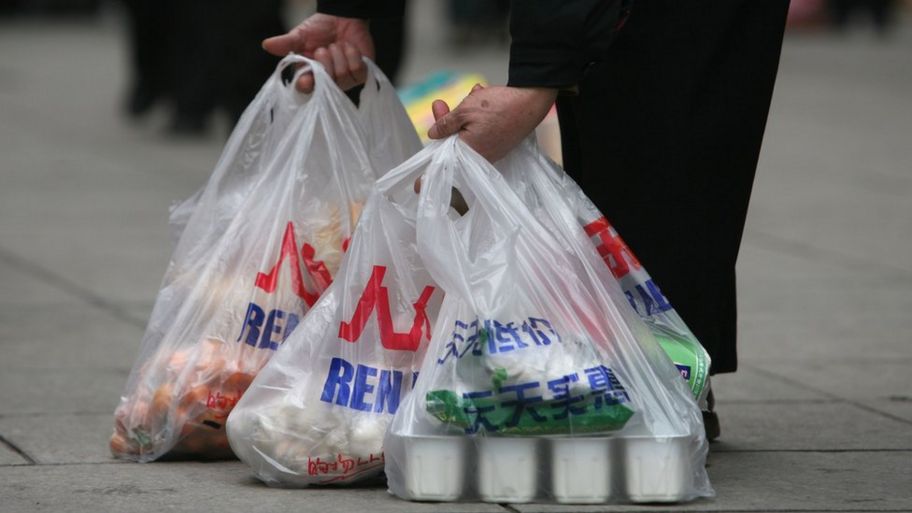China’s National Development and Reform Commission recently announced the country’s five-year plan to control plastic pollution by banning production, consumption and sales of single-use plastic products; actively promote alternative plastic products; standardize plastic waste recycling; and establish management systems for the production, distribution, use, recycling and disposal of plastic products. The ban will start by the year-end 2020 with the scope of regions gradually expanding by the end of 2025.
- Ban on the production and sale of ultra-thin plastic shopping bags with a thickness of less than 0.025 mm and PE agriculture mulch with a thickness of less than 0.01 mm.
- Ban on plastic products from medical wastes
- Ban on the import of waste plastics
- Ban on the production and sale of disposable foam plastic tableware and disposable plastic cotton swabs
- Ban on the production of products containing microbead plastics
- Ban on the use of non-degradable plastic bags in the shopping malls, supermarkets, pharmacies, bookstores, etc. as well as catered food plastic containers in private/public events nationwide
- Ban on non-degradable plastic straws in the catering industry nationwide
- Ban on the use of disposable plastic supplies for hotels starting by the end of 2022.
- Ban on the use of non-degradable plastic packaging for postal services (including bags, tapes, disposable plastic woven bags) in Beijing, Shanghai, Jiangsu, Zheijiang, Fujian, Guangdong, and other provinces by the end of 2022.
The government of China will start promoting the use of non-plastic products such as cloth bags, paper bags, degradable shopping bags, biodegradable packaging films for fresh products, bio-based products like straw-covered lunch boxes, degradable mulch films, and other degradable plastic bags in food and beverage delivery. There are also plans to increase support for key projects such as green packaging R&D and production, increase government procurement of ‘green products’ that meet standards, carry out pilot demonstrations such as the construction of new green supply chains, promotion of new products, and recycling of waste by local support of specialized recycling facilities.
How the Chinese government will implement and police these new policies will remain to be seen but there is certainly a growing buzz on the potential demand for biodegradable and compostable plastics such as PLA, PHA, PBS, PBAT, starch-based plastics, and cellulose-based packaging. Tecnon OrbiChem’s recent report on lactic acid and PLA noted growing tightness in supply because of the increasing ban for single-use plastic products worldwide. PHA production meanwhile has been on an exponential increase just in the past year alone.
I will report more about this regulation and the impact on China’s plastics demand in Tecnon OrbiChem’s February Biomaterials issue.

Photo from BBC/Getty Images
Discussion
Comments are closed.